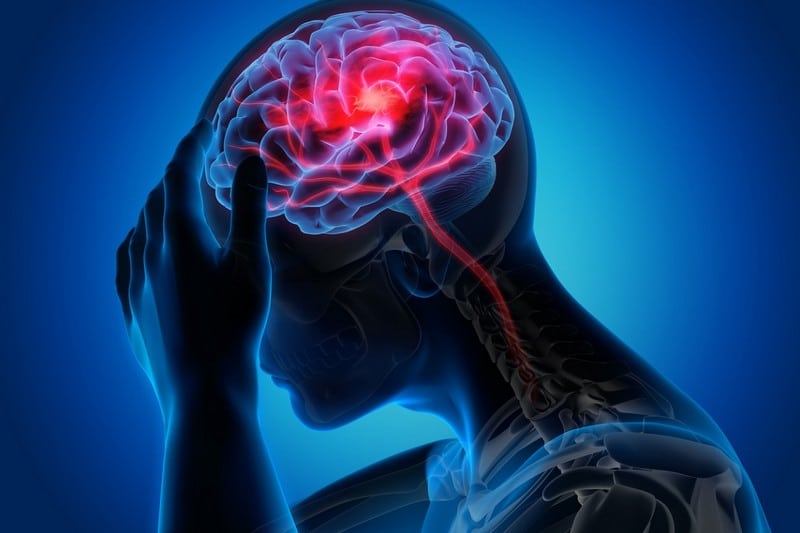Neurodegenerative Diseases

As mentioned earlier, Alzheimer’s disease can also cause short-term memory loss. It is among the neurodegenerative diseases that make the peripheral nervous system and brain nerves fail and die over time.
Aside from Alzheimer’s, numerous neurodegenerative diseases can cause someone to lose short-term memory. Among those is Huntington’s disease, which can result in a decline in memory, reasoning and thinking capability, ability to organize and plan, and judgment impairment. The brain changes caused by this disease also result in mood swings, anxiety, depression, irritability, and uncharacteristic anger.
Parkinson’s disease is another neurodegenerative disease that causes short-term memory loss. The frontal lobes and basal ganglia are two brain regions that aid in memory and information organization, which Parkinson’s disease may damage, causing memory loss. Moreover, types of dementia, including Lewy body, frontotemporal, and vascular dementia, are among the common causes of memory loss.
Abnormal brain alterations are the root cause of the disorders included under the umbrella term “dementia.” These alterations cause a loss in cognitive abilities—also known as thinking skills—severe enough to affect daily functioning and independence. They also have an impact on relationships, behavior, and what a person feels.










